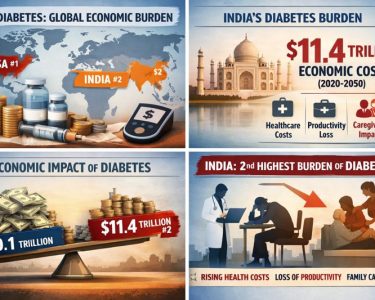India’s quick-commerce sector, which delivers groceries and electronics within minutes, has grown significantly in recent years. However, a report by Blume Ventures warns that sustaining this growth may become challenging due to limited expansion beyond major cities and rising competition from e-commerce giants.
Massive Growth in Quick-Commerce
According to the Indus Valley 2025 report, the market share of quick-commerce in India surged from $300 million in 2022 to $7.1 billion in FY25. The sector, led by Blinkit (Zomato-owned), Zepto, and Swiggy Instamart, witnessed a 24-fold increase in gross order value (GOV).
Challenges Hindering Future Growth
Despite its rapid expansion, the report highlights key obstacles that may slow down the industry’s progress:
- Declining Monthly Transacting Users (MTU): Just like ride-sharing, food delivery, and e-commerce, quick-commerce growth is expected to plateau over time.
- Intensifying Competition: Major e-commerce giants like Flipkart (Walmart-owned), Amazon, and Reliance are set to enter the quick-commerce space, increasing market competition.
- Profitability Concerns: The entry of large e-commerce platforms may impact profit margins of existing players.
Regulatory Challenges & Market Impact
The rapid expansion of quick-commerce is also expected to disrupt local grocery businesses, leading to potential government regulations to control its impact.
Earlier this month, TVS Capital Funds Chairman Gopal Srinivasan described India’s quick-commerce surge as a “passing fad,” questioning its long-term sustainability.
Struggles of Dunzo and Industry Uncertainty
Blume Ventures, an early investor in Dunzo, is now witnessing its downfall due to financial struggles, founder exits, and unpaid vendor dues. The company’s uncertain future raises concerns about the viability of quick-commerce businesses in India.
With rising competition, regulatory pressures, and slowing user growth, the future of India’s quick-commerce industry remains uncertain.







